I absolutely love my sheets they fit perfect and feel amazing to sleep on.
Awesome to mark on to send back to the kids an grandkids to show were we are an were we've been
You have no recently viewed items.
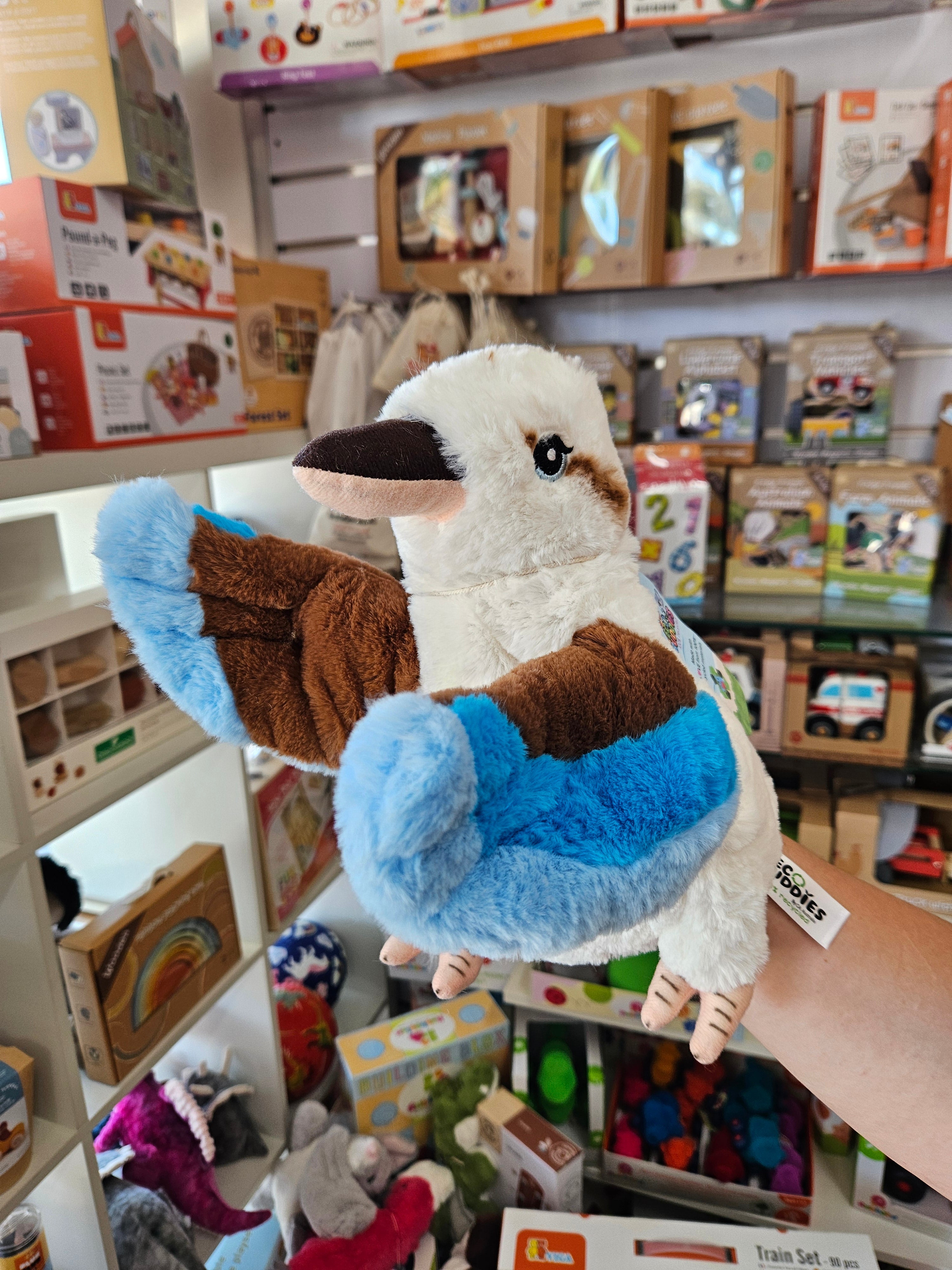

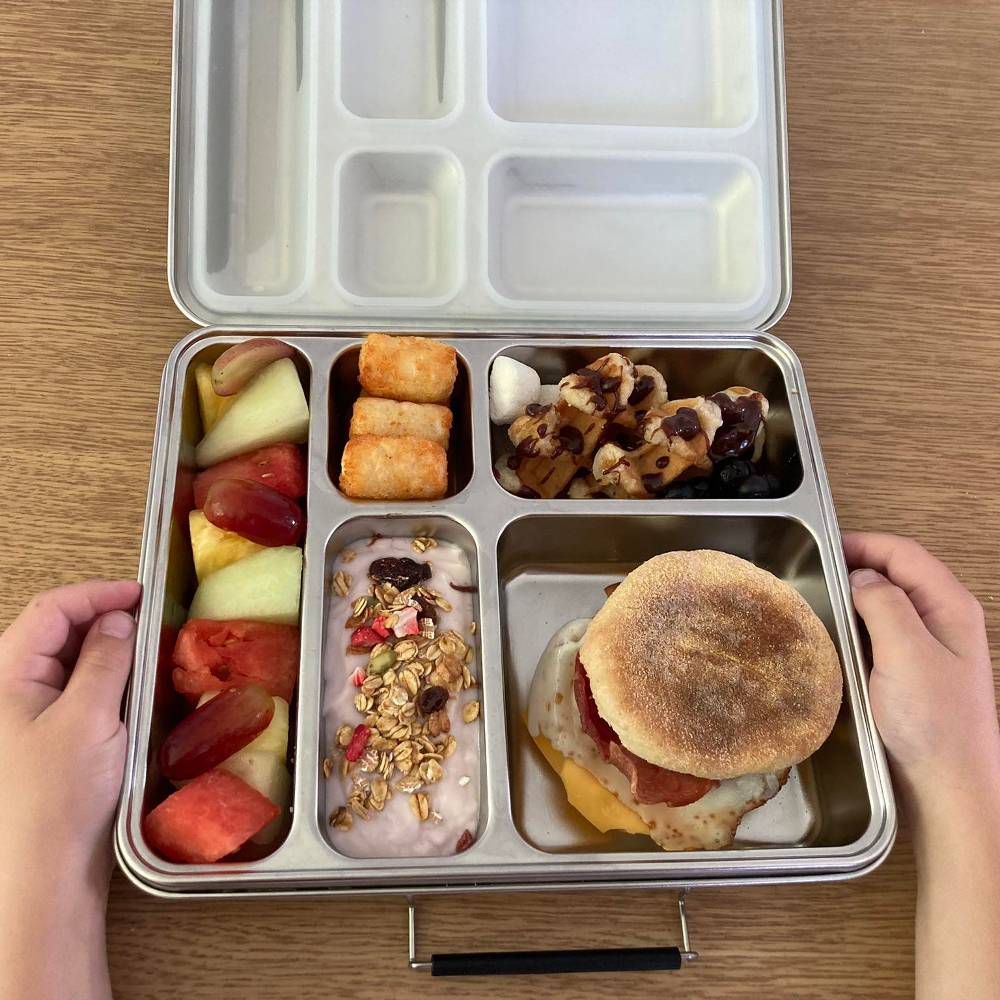
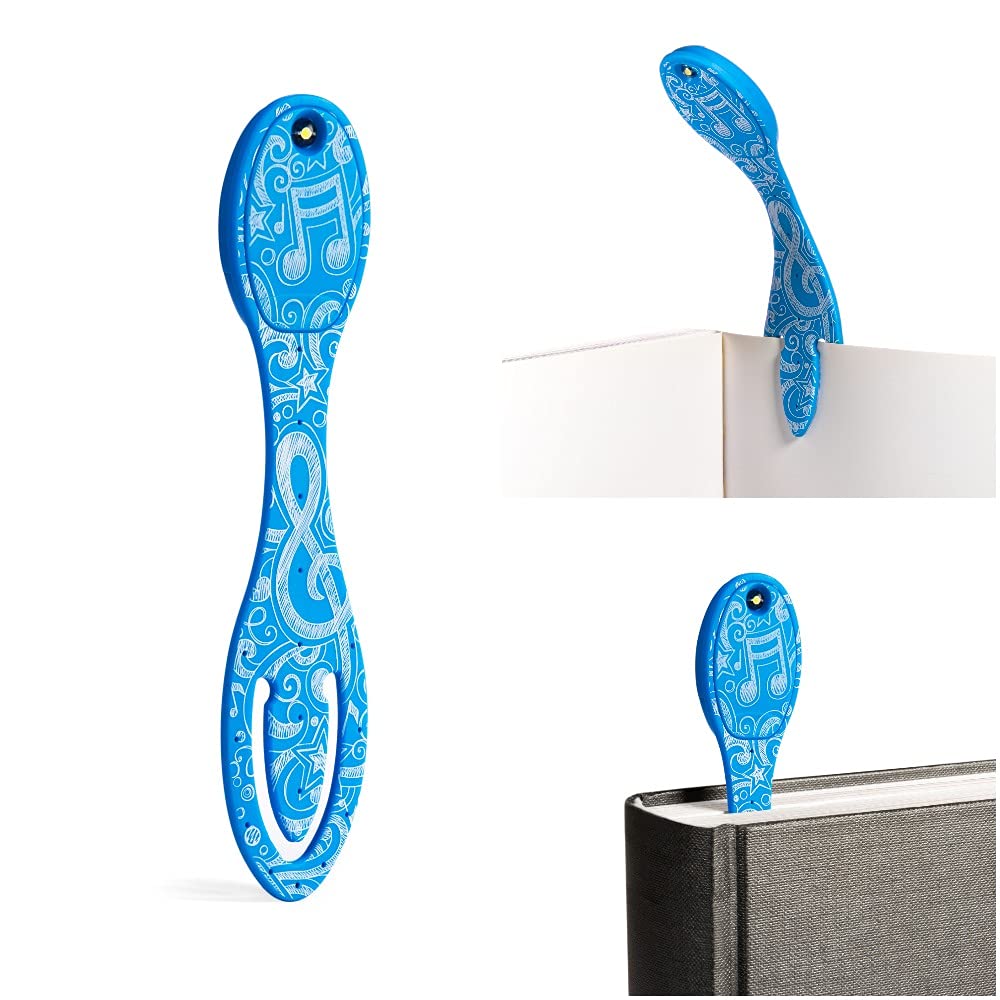
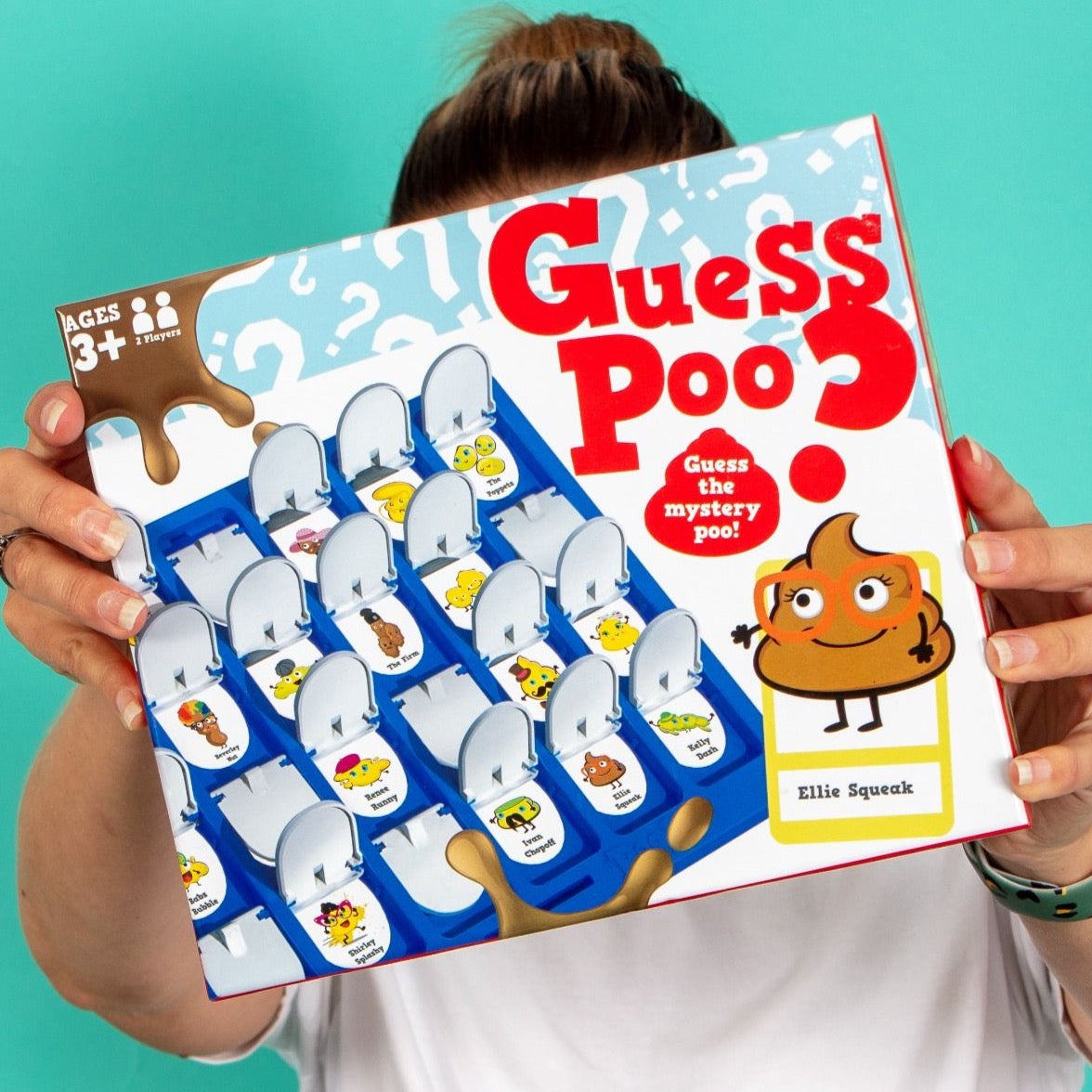
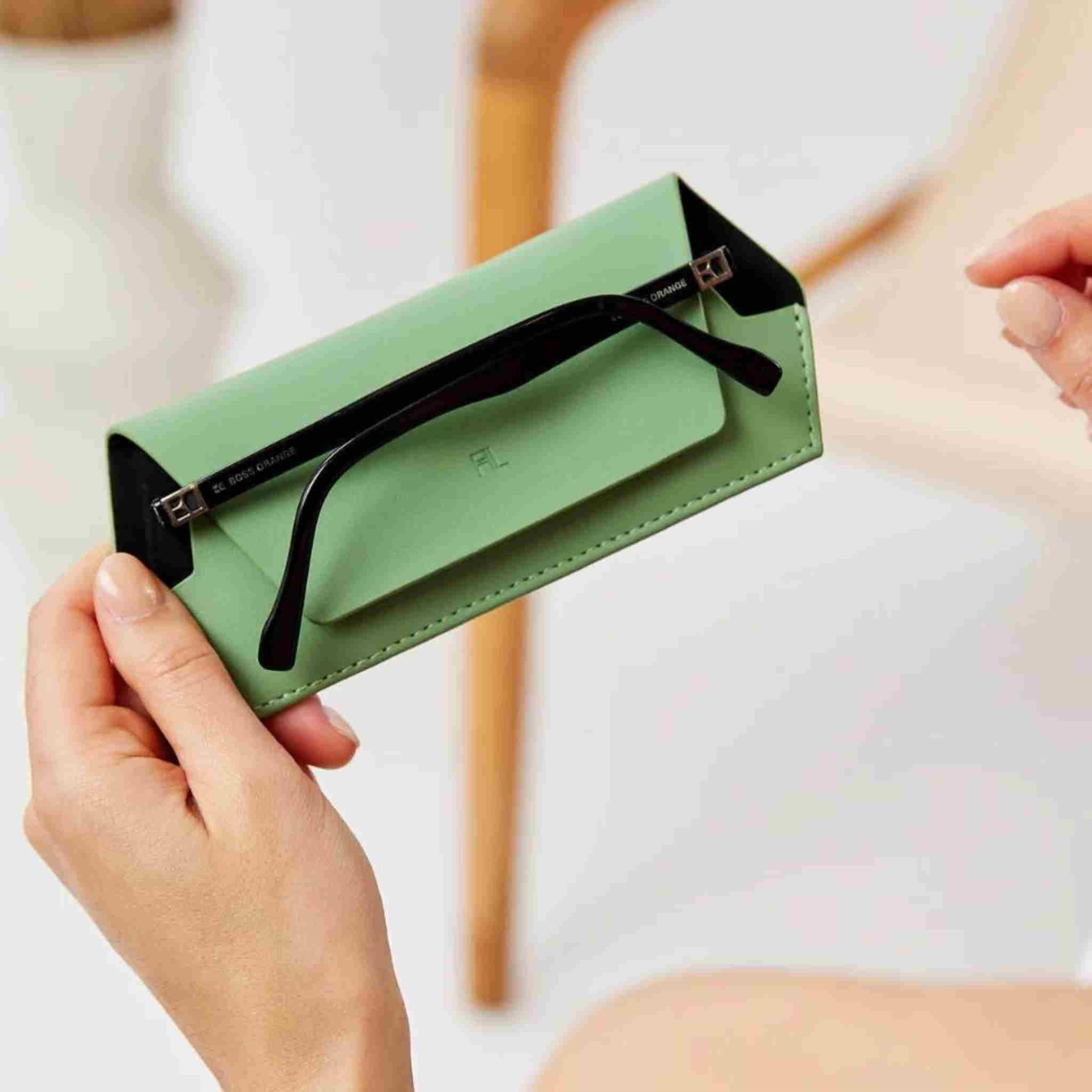









When I opened our little store in rural Victoria, I didn’t expect a favourite board game would spark so much community conversation. But it did - and it still does.
The game is Ludo.
Colourful board. Dice. Friends, family, competition. It’s a classic for good reason.
In this article I’ll take you through:
The surprising origins and history of Ludo
A clear, easy‑to‑use “how to play” guide
Variations and different names around the world
Frequently asked questions (because yes, we get asked them in store!)
And a very special section: the Murphy/Kempton rules for Ludo, handed down from a 1940’s family tradition, told by our regular local customer Pat - because at Adventure Awaits, community and stories matter.
So pour a cuppa (or grab your favourite snack), gather the family, open the board and let’s dive in.
The game we call Ludo didn’t arrive fully formed - it’s got a history that stretches back centuries and continents.
The earliest ancestor is the Indian game Pachisi (sometimes called Chaupar), played as early as the 6th century CE in India.
Pachisi was played outdoors with cowrie shells and wooden tokens, and even featured in royal courts.
In England in 1896 the game was patented as “Ludo”.
Over time, the game spread around the globe, adapting to different cultures, languages and home rules.
Today, Ludo is played in countless variations - yet the core idea remains: race your tokens around the board and be first to home.
It’s no wonder it’s a staple of family nights, road trip games, holiday downtime and school breaks.

Here’s a straightforward version of how to play Ludo - perfect for families, campers, road trips or quiet winter evenings.
2 to 4 players (some versions allow more).
Each player has four tokens in one colour (red, blue, green, yellow).
Tokens start “in the yard” (off the board). The board has a cross‑and‑circle layout.
Be the first to move all four tokens from your yard, around the board, up your home column and into the centre “home” space.
Players take turns rolling a single die.
To bring a token onto the board, you must roll a six (in many versions).
Tokens move clockwise around the track.
If you land on a square occupied by an opponent’s token, you “capture” it - send it back to its yard.
If your token reaches your home column, you must roll the exact number to move it into the home space.
The first player to get all tokens home wins; others often continue to determine second/third places.
Some house rules: rolling a six gives you another turn. Blocks of two same‑colour tokens may be “safe”.
Don’t just rush one token - spread risk.
Use your sixes smartly: bring new tokens into play or advance strong ones.
Pay attention to your opponent’s position - avoid leaving yourself vulnerable.
Having more than one token near home gives more flexibility with exact rolls.
Ludo has siblings - and many of them. Knowing the variations makes it richer.
Pachisi (India)
Parcheesi (USA)
Mensch ärgere dich nicht (Germany)
Parchís (Spain)
Two dice instead of one (India version).
Safe zones or blocks: two tokens of same colour form a block that cannot be captured.
Reverse movement or special shortcuts (seen in local house rules).
Online apps that adapt Ludo but maintain core rules.
Why does this simple board game endure? Because:
It’s easy to learn - kids and grandparents can play.
It balances luck (die roll) with strategy (token movement).
It brings people together: perfect for game night, caravan evenings, campsites.
It’s nostalgic. Many of us grew up with it; we now share it with our children.
It adapts to travel: portable, minimal setup, family‑friendly.
Here’s the part I love most. One of our regular local customers, Pat, came into the shop and asked:
“Hi Adele, We love Ludo, do you stock it? I really want a version that looks like the one we used to play as kids- then we can play with our grandkids..."
"Of course we can Pat, we love sourcing the perfect gifts or games for customers, especially our locals..."
Pat popped into the shop to let us know that Ludo was a HIT and he wanted to share some of the rules his family have played by since the 1940's! I loved this. Because at Adventure Awaits we do more than stock games - we honour stories.
So here are the Murphy/Kempton rules, in full (as shared by Pat):
"For as long as I can remember as a child of the 1940’s and 1950’s playing this game with my mother (a Murphy, whose grandfather was born in Ireland) and her sisters (my aunts), these were the rules of the game. They add additional strategies to those of the rules recently provided by the Traditional Ludo which came out of the game you got in for us.”
These rules add flavour, nostalgia and strategy - and they show how Ludo becomes part of family rituals and memories over generations.
Q: Can I play Ludo with more than four players?
A: Some giant versions and house rules allow 6 players, or team‑play.
Q: How long does a typical game take?
A: Generally 20–40 minutes for 4 players, depending on dice luck and strategy.
Q: Is Ludo just luck?
A: No - while the die adds randomness, token movement, blocking, strategy matter.
Q: What age is Ludo suitable for?
A: Kids aged 5+ can play, with supervision for younger players.
Q: Can we create our own house rules?
A: Absolutely - many families do! Pat’s family rules are a perfect example.
At Adventure Awaits, we suggest these tweaks to make Ludo perfect for caravans, campsites and holidays:
Pack snacks, water, and call “roll the dice” at scenic stops.
Introduce your own house rule before you start (Pat’s family did!).
Capture the moment: plate, journal scribble, photo. Your journal (like our Kids Travel Journal) can record the night you crowned the Ludo champ.
When choosing a Ludo board, keep these in mind:
Durable material (especially if you travel).
Clear, vibrant colours (which our sets at Adventure Awaits offer).
Portable and compact.
Includes extra tokens or dice.
Bonus: includes house‑rule guide or extra game variants (some do!).
Ludo is more than a board game - it’s a conversation starter, a memory‑maker, a portable piece of joy for families. It spans generations, fits in suitcases, sits around caravans, lives in homes.
At Adventure Awaits, we love stocking the version Pat asked for - because helping someone find the exact game they played as a kid is what we’re about.
So test your luck. Roll the dice. Use your strategies. Maybe start with Pat’s family rules. And above all, make some memories.
Ready to grab your board game?
🛒 Shop our Ludo Game here
(Link directly to your Ludo product page)
About Adele Dyson & the Adventure Awaits Team
Adele Dyson is the founder of Adventure Awaits, Slide n’ Dry Pegless Clotheslines and Caravanning with Kids. Based in the friendly town of Numurkah in rural Victoria, Adele and her small but mighty team are passionate about discovering and sharing the most unique and practical gifts around.
From Aussie‑made essentials to clever caravanning gear and timeless board games like Ludo, everything in store is hand‑picked with heart.
Need help picking the perfect game or gift? The team are absolute pros - just give them a call and they’ll help you find something spot‑on for any occasion. Adventure Awaits is more than just a store - it’s a little slice of joy where there’s something for everyone!
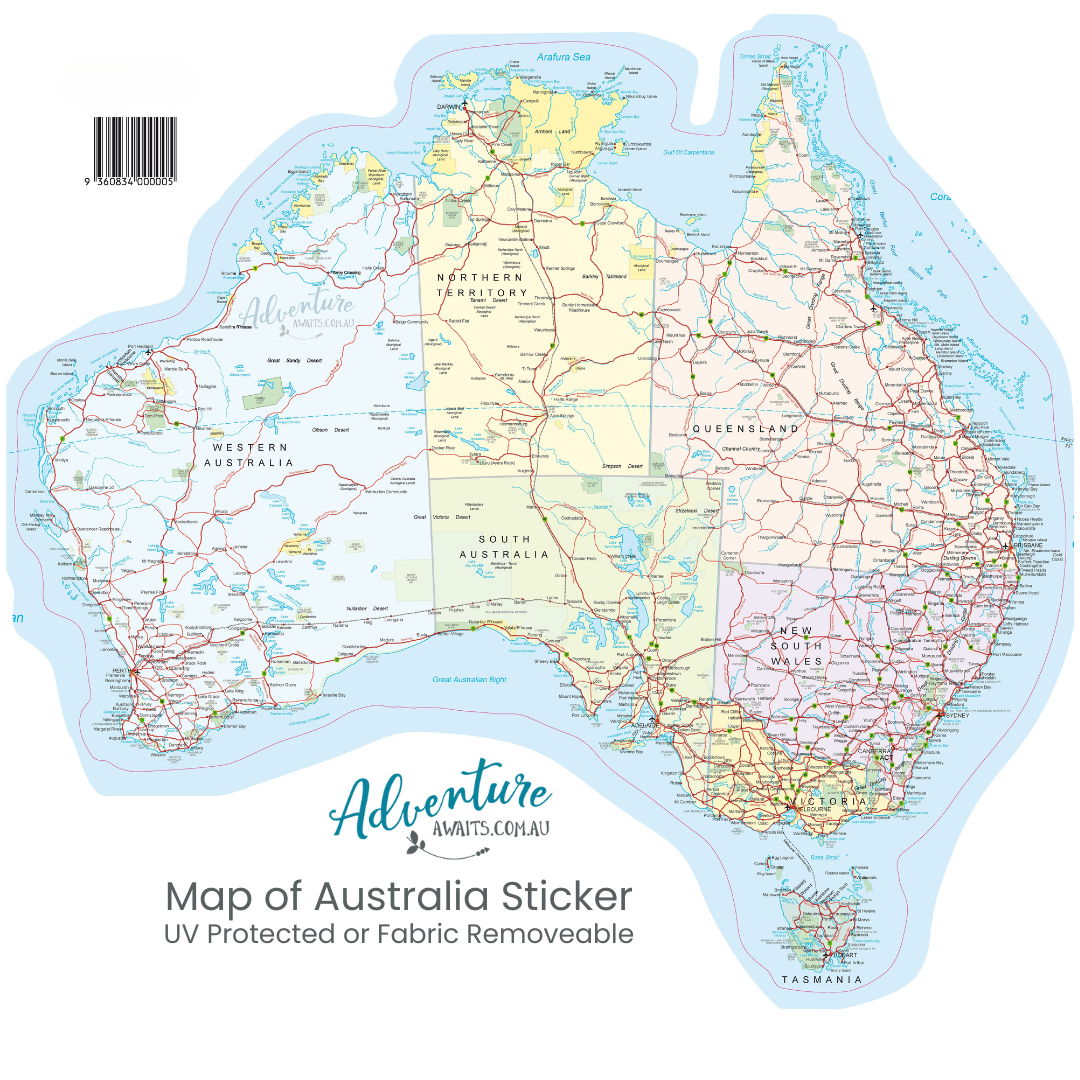
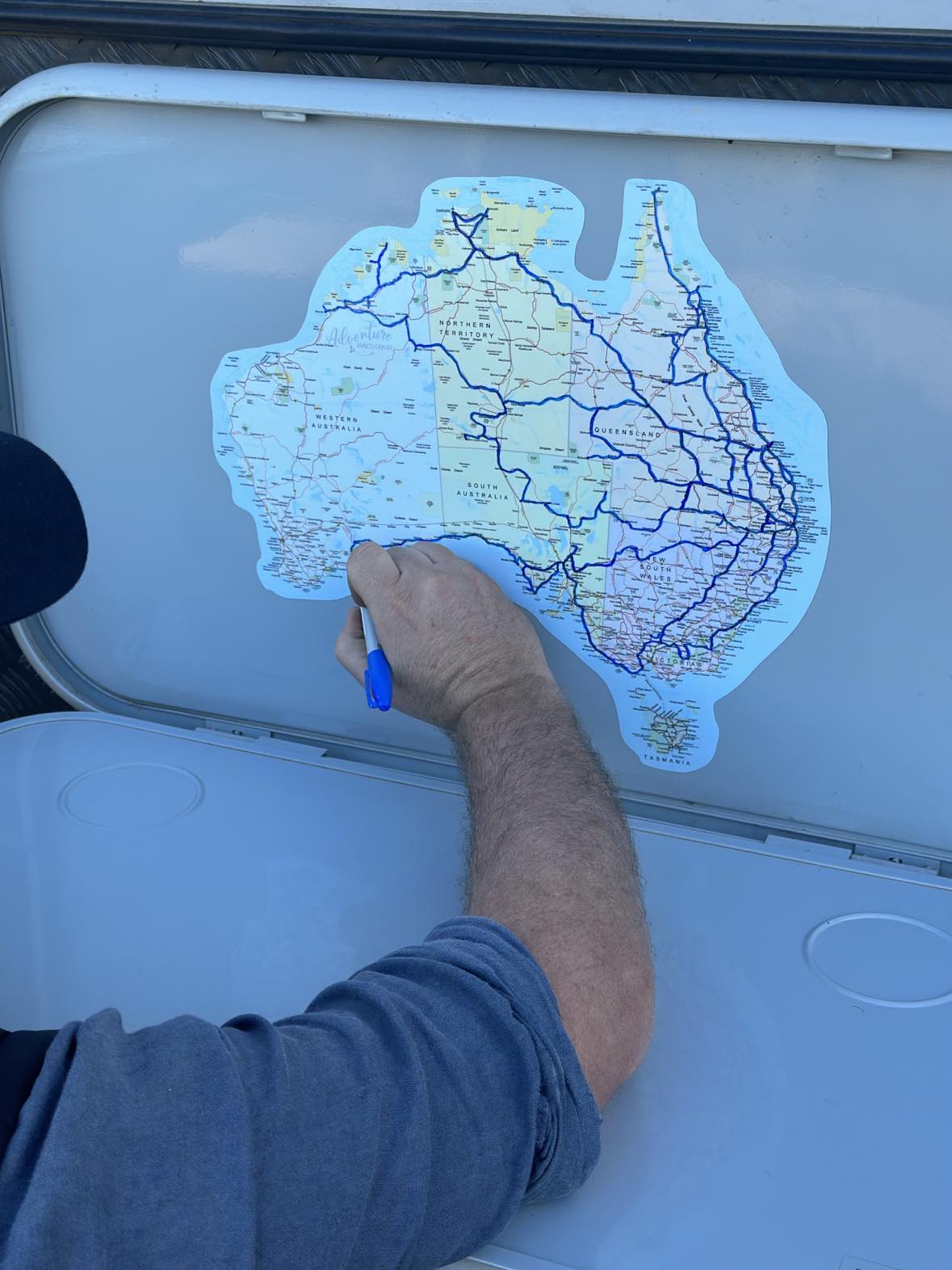
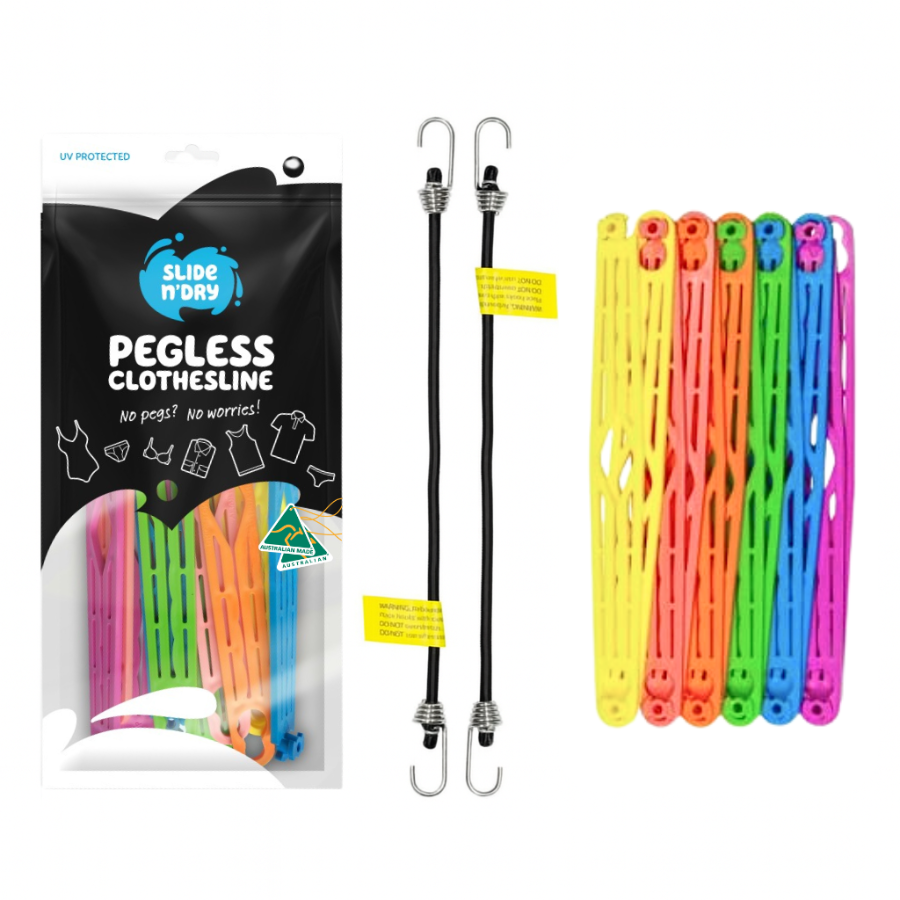
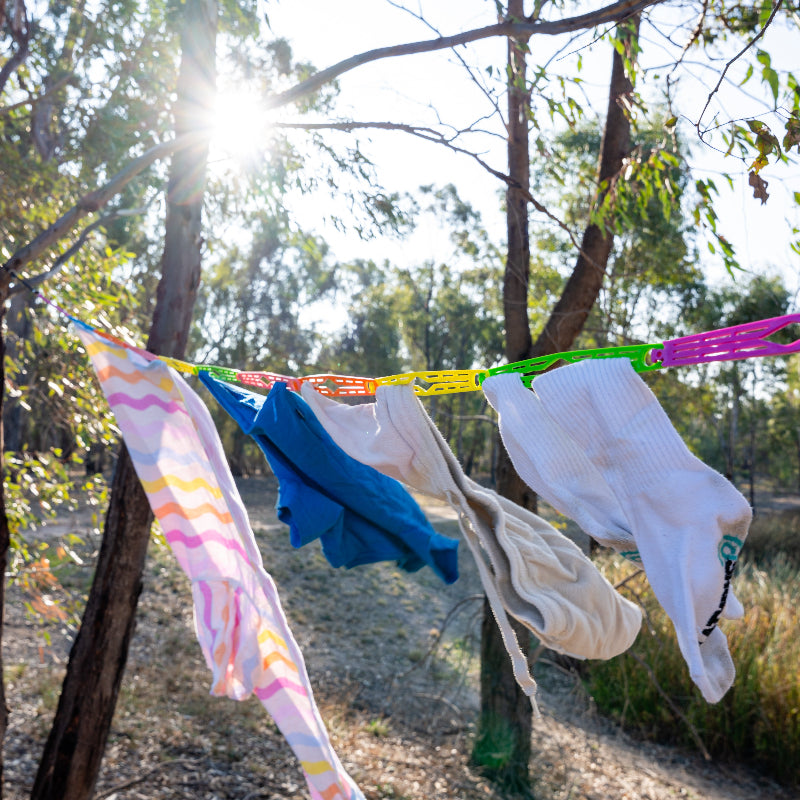
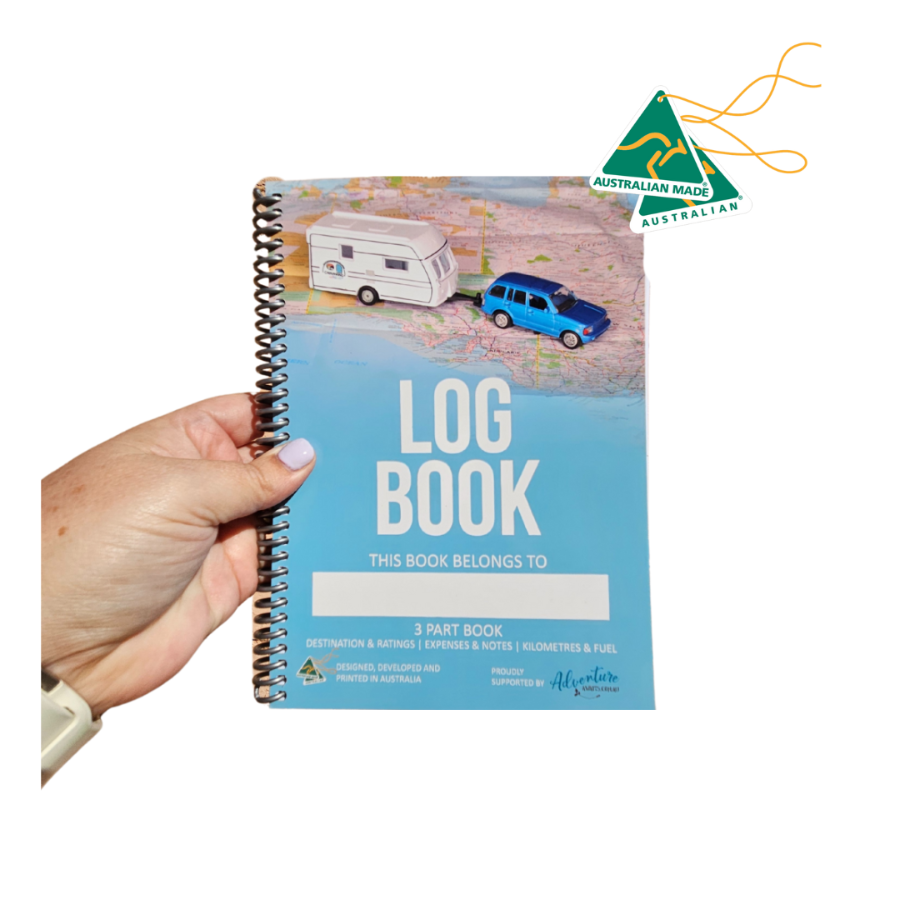
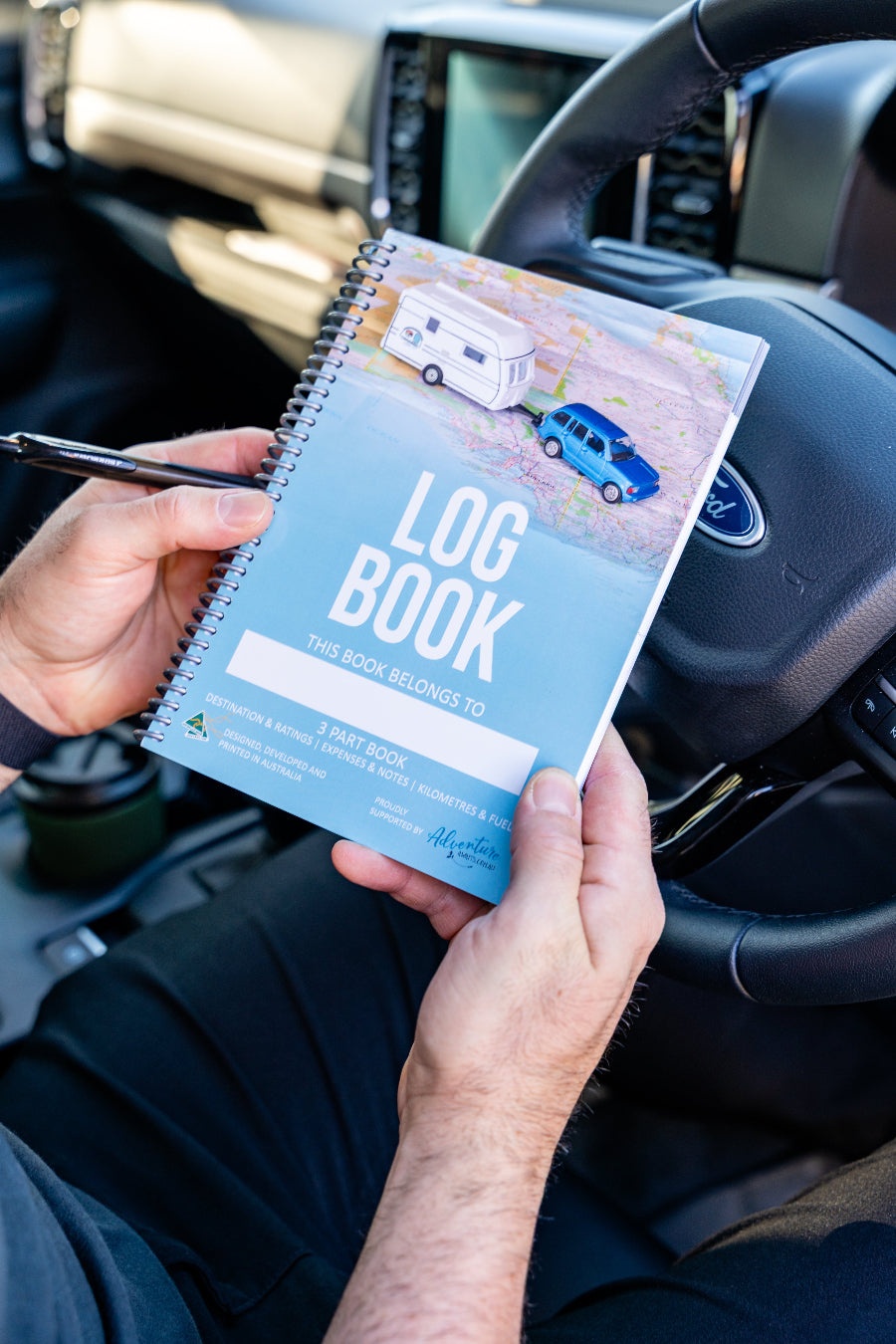
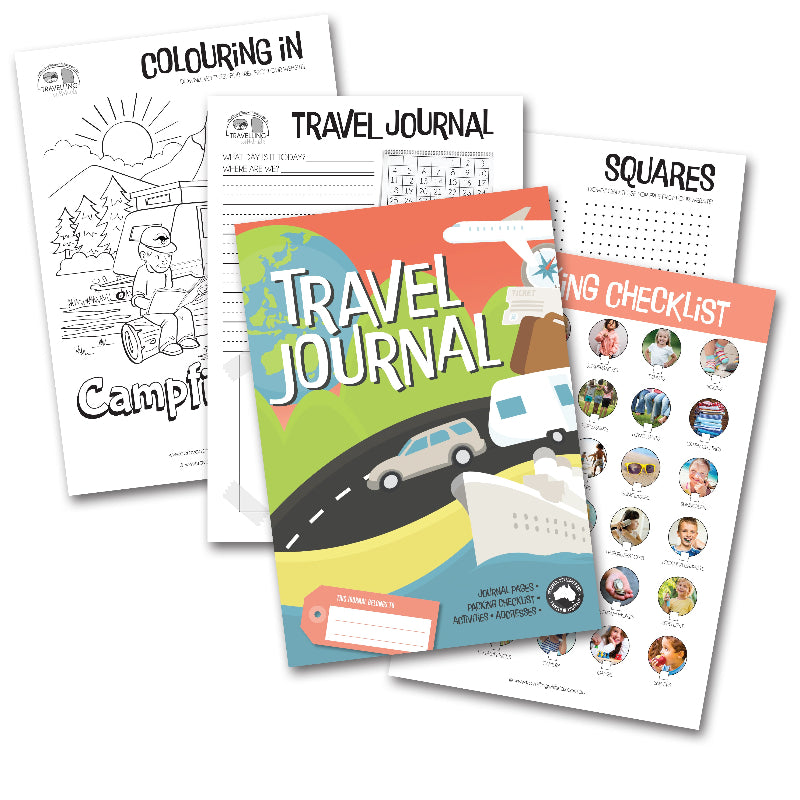
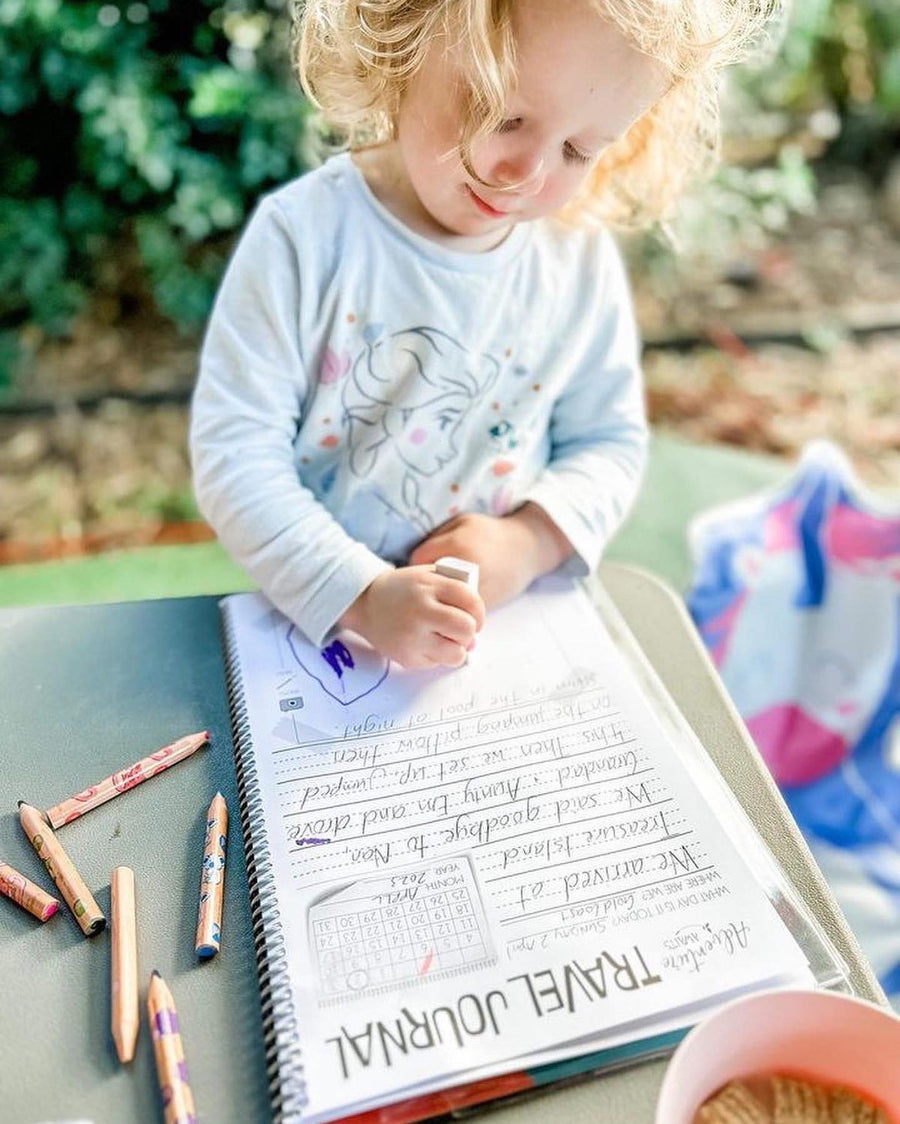
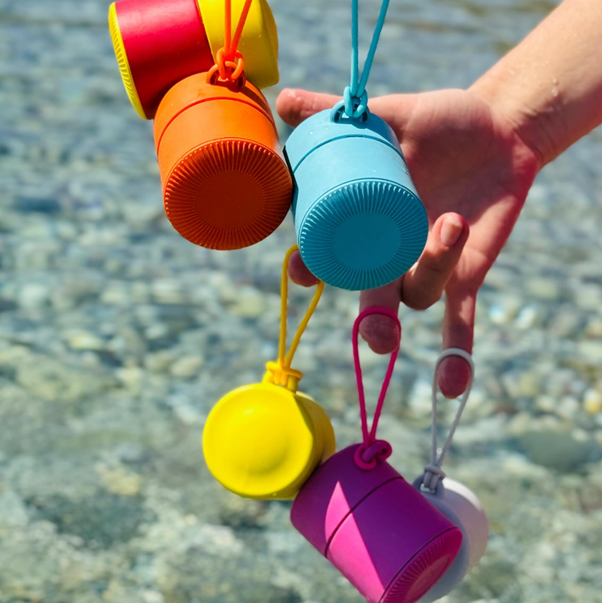
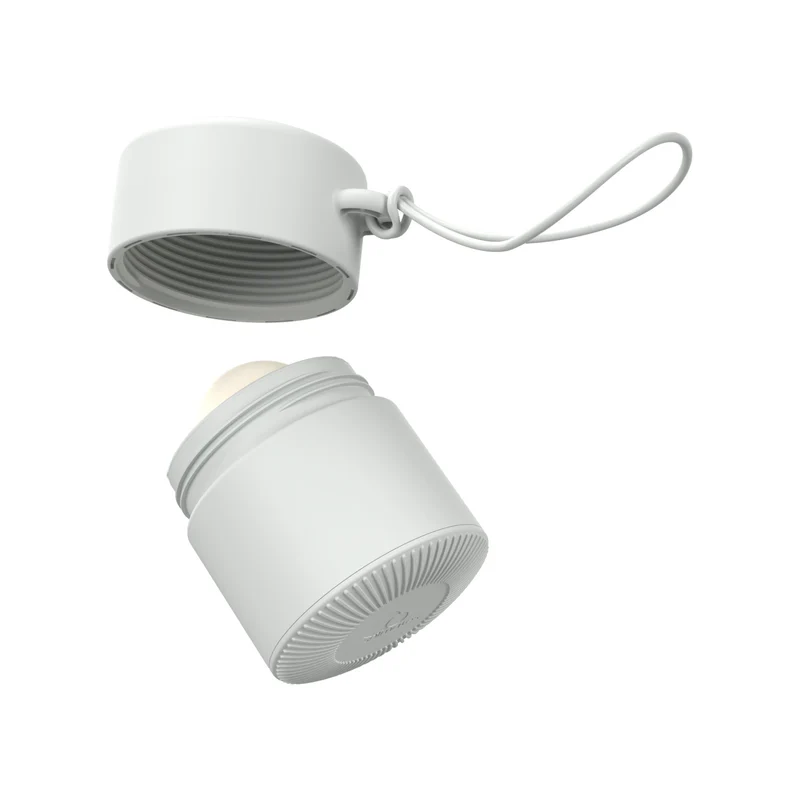
66 Melville Street, Numurkah Victoria 3636
Mon-Fri
9.30am-4.00pm (6pm on Fridays!)
Saturday
9.30am-12.30pm
Please check Facebook for updated hours, or call 0493 092 721
Home to Caravanning with Kids & Slide n' Dry Pegless Clotheslines
Sign up for our newsletter and be the first to know about coupons and special promotions.
© 2025, Adventure Awaits Powered by Shopify
I absolutely love my sheets they fit perfect and feel amazing to sleep on.
Awesome to mark on to send back to the kids an grandkids to show were we are an were we've been


